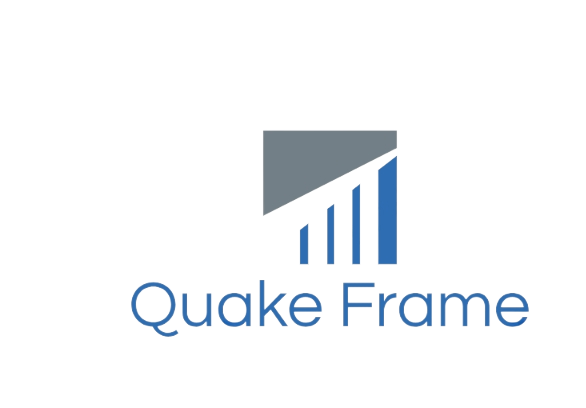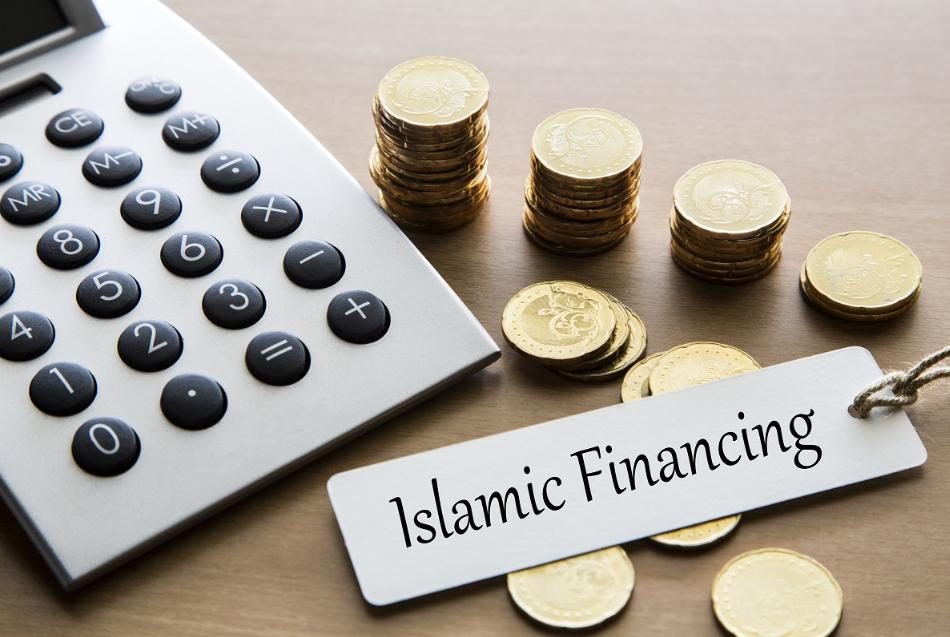The financial world is witnessing a significant shift with the growing adoption of sharia finance. Rooted in Islamic principles, this system offers an ethical and transparent approach to banking and investments. But what does this mean for investors? Let’s explore the essentials.
Understanding the Core Principles of Sharia Finance
Sharia finance operates under Islamic law, or Sharia, which prohibits practices like earning interest (riba) and investing in businesses involved in unethical activities such as gambling or alcohol production. Instead, it promotes risk-sharing and tangible asset-based financing. This ethical framework appeals to a wide range of individuals, not just those of Islamic faith, who value socially responsible investing.
The Factors Driving the Growing Popularity of Sharia Finance
Globally, there is a growing demand for financial systems that align with ethical standards. Sharia finance meets this demand by emphasising fairness, equity, and social responsibility. Its appeal has been further boosted by its resilience during financial crises, as its avoidance of speculative investments often results in lower risk.
For example, interest in Islamic banking in Melbourne services has surged, offering tailored solutions for diverse communities. This trend highlights the versatility and accessibility of sharia-compliant financial products in multicultural urban centres.
Investment Opportunities Available in Sharia Finance
Investors have access to various options, including equity funds, sukuk (Islamic bonds), and property funds. Sukuk, for instance, offer a viable alternative to conventional bonds, as they are backed by tangible assets and comply with ethical principles. Additionally, ethical real estate investments have become popular for those looking to diversify their portfolios.
Challenges Investors May Face with Sharia Finance
While the benefits are compelling, there are challenges investors should be aware of. Limited availability of sharia-compliant products in some regions can restrict opportunities. Additionally, understanding the complex guidelines and ensuring compliance requires careful attention, often necessitating advice from experts in the field.
How Sharia Finance Offers a Path to Ethical Investing
For investors, embracing sharia finance offers a chance to align their portfolios with ethical and socially responsible values. As awareness grows, financial institutions worldwide are expanding their offerings to cater to this demand. Whether you’re an experienced investor or just beginning, exploring sharia-compliant options could open new avenues for growth.
As the world moves towards sustainable and responsible investing, the rise of sharia finance signifies a promising future for ethical banking. Its principles not only resonate with Islamic values but also appeal to anyone seeking fairness and integrity in their financial dealings.

